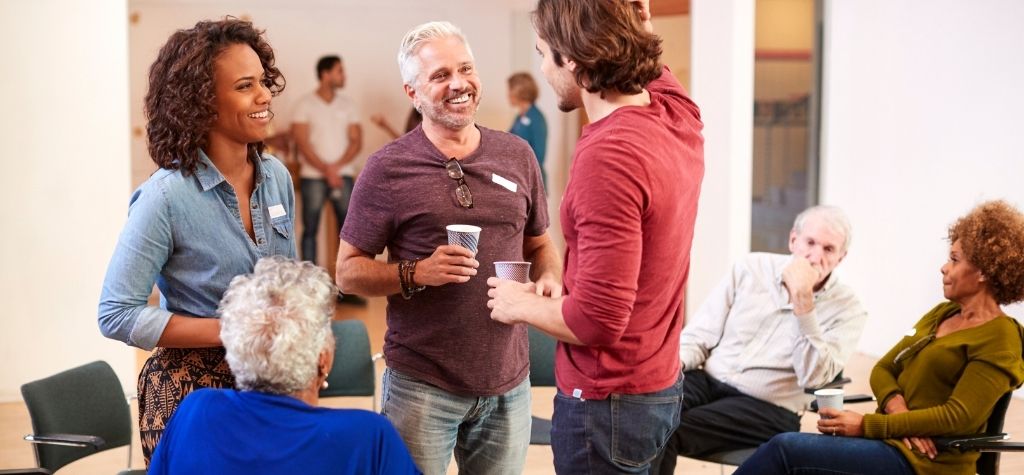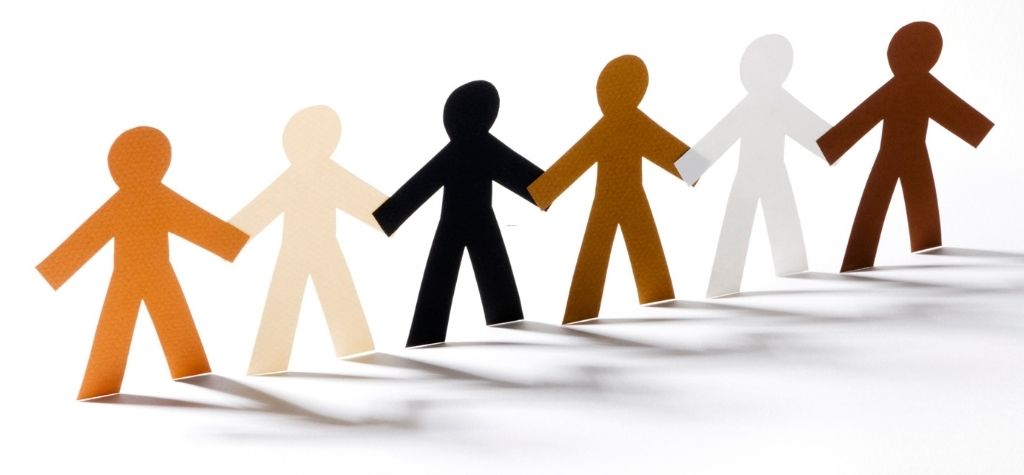Have you ever wondered if your glasses are more than just a tool for vision? Beyond correcting eyesight, glasses can play a powerful role in how others perceive and treat us. In many social circles, they carry meaning—sometimes respect, sometimes ridicule. This article dives deep into a unique social experiment designed to uncover whether wearing glasses can actually change how people behave toward you.
History of Eyeglasses and Social Perception

Eyeglasses have evolved tremendously over centuries. Once viewed solely as a medical necessity, today they sit at the intersection of function and fashion. In ancient times, wearing spectacles was often associated with age or wisdom. By the mid-20th century, glasses gained a reputation tied to “nerdiness” or social awkwardness.
In more recent years, a fashion revolution flipped that perception. Celebrities, influencers, and professionals proudly wear designer frames, making glasses a marker of sophistication and even attractiveness.
The Psychology Behind First Impressions
When we meet someone, we form an opinion within seconds. This instinctive judgment relies heavily on visual cues—clothing, posture, facial expressions, and yes, even glasses. Psychologists call this the halo effect, where one characteristic (like wearing glasses) influences our perception of someone’s entire personality.
Someone in glasses may be perceived as intelligent, organized, or even introverted—regardless of their actual traits.
Scientific Studies on Glasses and Social Bias
Multiple studies back up the theory that glasses influence perception. A well-known research study by Helmut Leder found that people wearing glasses were rated higher in intelligence and competence compared to those without.
Another study published in Psychology and Aging revealed that glasses increased perceived trustworthiness and approachability, especially in professional environments.
The Social Experiment Setup
To test this phenomenon firsthand, a social experiment was designed to measure how people treated participants based on whether or not they were wearing glasses.
Methodology and Testing Conditions
Participants of varying genders and ages interacted with strangers in public spaces like parks, malls, and cafes. Each participant engaged in identical conversations—once while wearing glasses, once without.
The scenarios included asking for directions, dropping personal items, and casual small talk.
Data Collection Techniques
Observers recorded response times, tone of voice, willingness to help, and body language. Participants also completed post-interaction surveys to reflect on how they felt treated in each situation.
Results of the Experiment

The results were eye-opening (pun intended). Across all demographics, participants experienced measurable differences in how they were treated depending on their eyewear.
- With Glasses: Participants reported more polite responses, higher engagement, and more frequent offers of help.
- Without Glasses: Interactions were quicker, less warm, and in some cases, dismissive.
Gender-Based Differences in Responses
Women wearing glasses were more often perceived as professional or intelligent, while men received a mixed response—some being seen as academic, others as less assertive.
Age Factor in Glasses-Based Judgments
Younger adults with glasses were often treated with more respect or seriousness, while older individuals experienced little change—suggesting age already carried connotations of wisdom or need.
Interpretation of Findings
Why do glasses change how we’re treated? The answer lies in stereotypes. Glasses suggest attentiveness, intellect, or responsibility. These traits subconsciously affect how others approach or react to us, altering the dynamics of everyday interactions.
Glasses in Professional Settings
In job interviews or office environments, glasses can be a silent resume booster. Studies have shown candidates wearing glasses are often rated as more competent or reliable.
However, this can vary by industry. In creative or fashion-forward roles, glasses might typecast someone as too conservative—highlighting how context matters.
Media Influence on Glasses Stereotypes
From Clark Kent to Velma from Scooby-Doo, media has shaped how we associate glasses with certain personas. The “nerd” trope has both hurt and helped the image of glasses wearers. Fortunately, modern media is shifting toward celebrating individuality and style.
Fashion vs. Function: Designer Frames and Social Status
Eyeglasses are no longer just medical devices—they’re status symbols. Wearing high-end or trendy frames can signal affluence or fashion sense, influencing how others treat you based on perceived wealth or taste.
Glasses vs. Contact Lenses: A Comparative Social Study
When the same participants wore contact lenses instead of glasses, their treatment changed subtly. They were often perceived as more outgoing or attractive, but less authoritative—underscoring the nuanced social messaging of eyewear choices.
Psychological Effects on Wearers
Beyond external perception, glasses can also influence how wearers see themselves. Many reported feeling more confident, articulate, or “put together” when wearing glasses—proving perception works both ways.
Breaking Stereotypes and Promoting Inclusivity

It’s crucial to challenge outdated ideas that associate glasses with nerdiness or social awkwardness. As style icons and professionals continue embracing eyewear, society is slowly reprogramming its biases.
Frequently Asked Questions (FAQs)
1. Do people really treat you differently when you wear glasses?
Yes, studies and experiments show measurable differences in politeness, helpfulness, and engagement levels.
2. Are glasses considered attractive or unattractive?
Perception varies, but modern fashion trends increasingly view glasses as stylish and attractive.
3. Do glasses make you look smarter?
In many cases, yes. Glasses are often linked to intelligence in social and professional settings.
4. How does gender affect glasses-related treatment?
Women tend to be perceived as more competent, while men may be viewed as more passive or academic.
5. Is there a difference between wearing glasses and contacts?
Yes. Contacts tend to be associated with extroversion, while glasses project seriousness and intelligence.
6. Should I wear glasses to a job interview?
If it fits your style and comfort, yes. Glasses can enhance your image of reliability and professionalism.
Conclusion: The Power of Perception and What We Can Learn
Glasses do more than correct vision—they shape how the world sees you and how you see yourself. Through this eye-opening social experiment, it’s clear that something as simple as eyewear can shift interpersonal dynamics in profound ways.
By becoming more aware of these subconscious biases, we can strive for a society that values character over appearance and embraces diversity in all forms.

